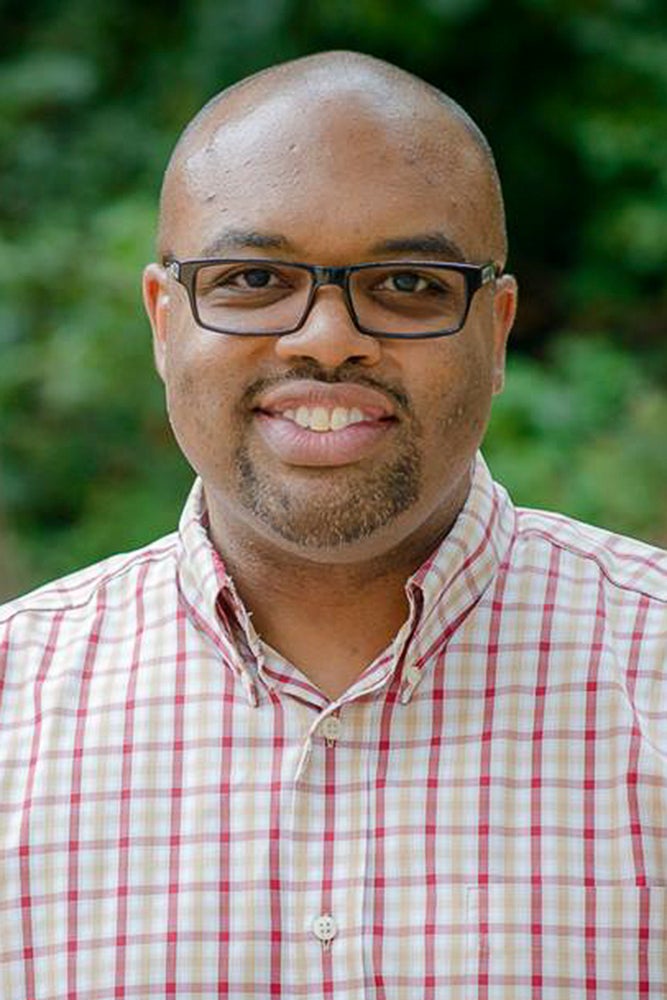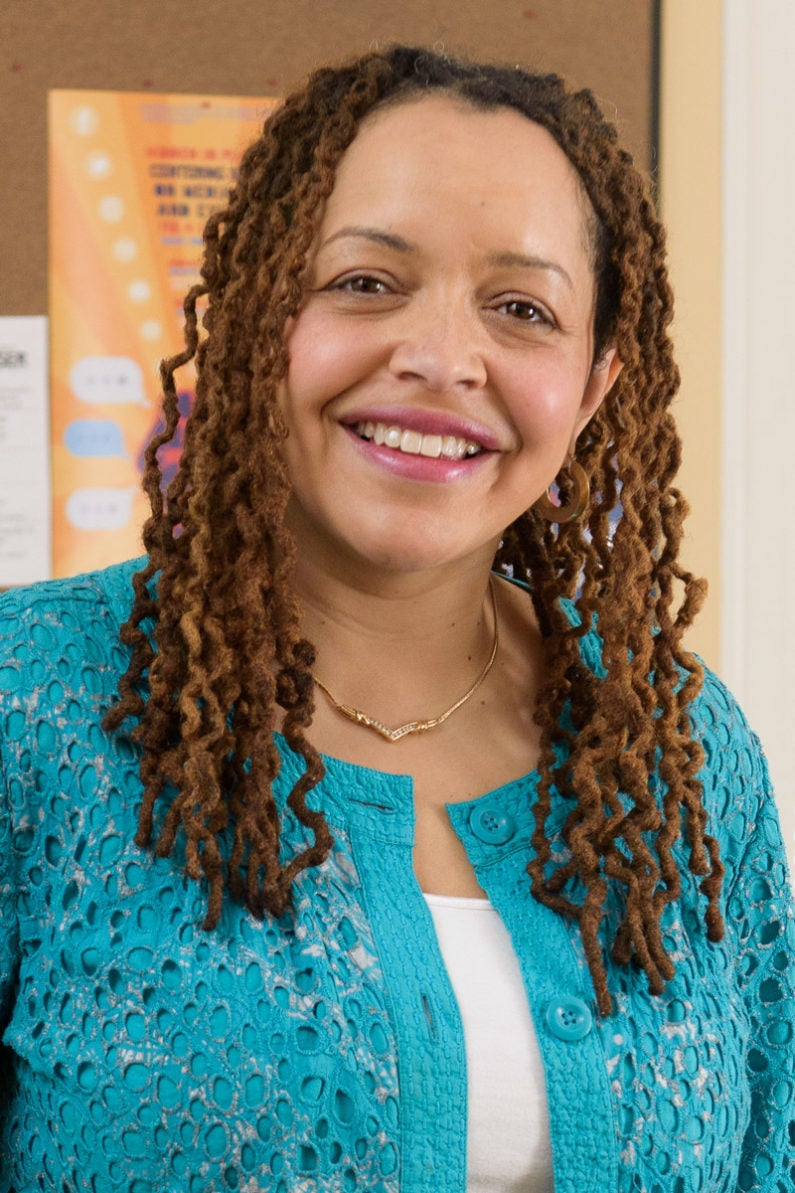Stanford honors professor, staff member and the Diversity and First-Gen Office with President’s Awards for Excellence Through Diversity
The winners of the individual awards are Ben Barres, a professor at Stanford Medicine, and James Jordan, a senior manager at the Stanford Alumni Association. The winner of the program award is the Diversity and First-Gen Office.
A professor at Stanford Medicine, a staff member at the Stanford Alumni Association and the Diversity and First-Gen Office have each been selected to receive a 2017 President’s Award for Excellence Through Diversity.
Stanford established the awards in 2009 to recognize and honor individuals and programs that have made exceptional contributions to enhancing and supporting diversity within the campus community.
This year’s individual winners are Ben Barres, a professor of neurobiology, developmental biology, and neurology and neurological sciences at Stanford Medicine, and James Jordan, senior manager of regional and diversity outreach at the Stanford Alumni Association.
The 2017 program winner is the Diversity and First-Gen Office, which provides campus leadership for students, faculty and staff to consciously and actively affirm intersectional identities and foster intergroup relationships. Dereca Blackmon, associate dean and director, will accept the award on behalf of the office.
President Marc Tessier-Lavigne will present the awards at a private ceremony next week.
Ben Barres
Barres was honored “for blazing trails as a brilliant scholar and researcher, exceptional teacher, academic leader, and as the first transgender man elected to the National Academy of Sciences.”
The award citation commended Barres “for founding the highly successful Master of Science in Medicine degree program, which brings together a diversity of students in a cohesive learning community to train a new generation of PhD students about human biology and disease.”
Barres was honored “for courageously, gracefully and forcefully challenging long-held assumptions in his groundbreaking work as a scientist, and in his advocacy to improve diversity in the sciences as part of creating a more equitable and inclusive society for all.”
He was also commended “for making an enduring and transformational impact on his students, colleagues, our beloved university, and well beyond.”
James Jordan
Jordan was honored “for fostering a spirit of family throughout the Stanford community on campus, across the country and around the globe in his professional responsibilities and volunteerism.”
The citation commended Jordan “for championing diversity and inclusion in his many years at the Black Community Services Center and now at the Stanford Alumni Association.”
Jordan was honored “for deeply engaging alumni through organizing the groundbreaking Stanford Black Alumni Summit, through meaningful and ongoing collaboration with the Stanford National Black Alumni Association and its regional clubs, and through broadening the university’s outreach to alumni of color.”
He was commended “for his distinct and sincere commitment to service, his infectious enthusiasm, and his enduring dedication to all members of the Stanford family on campus and beyond.”
Diversity and First-Gen Office
The Diversity and First-Gen Office was honored “for envisioning equity, empowerment and authentic engagement between all Stanford students.”
The citation commended the office “for providing campus leadership to consciously and actively affirm intersectional identities and foster intergroup relationships.”
The Diversity and First-Gen Office was honored “for the special focus on enriching the experiences of first-generation and low-income students by supporting their academic and social transitions, empowerment and community building.”
The citation commended the office “for connecting students to mentors, academic support services and other resources, which has resulted in such positive outcomes that the office has become a model program for peer institutions.”
The office was honored for its contributions to Stanford’s diversity landscape and “for ensuring that all members of our community understand they belong here.”



